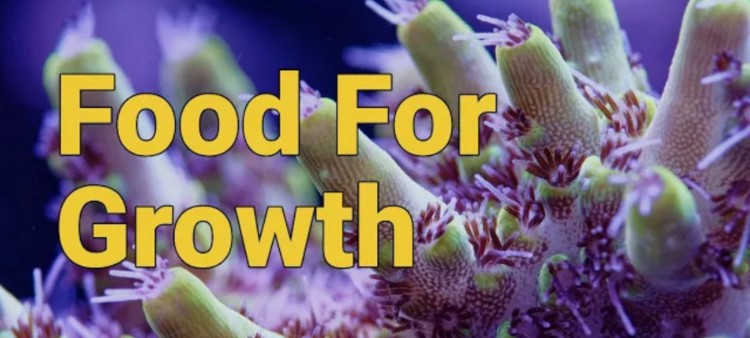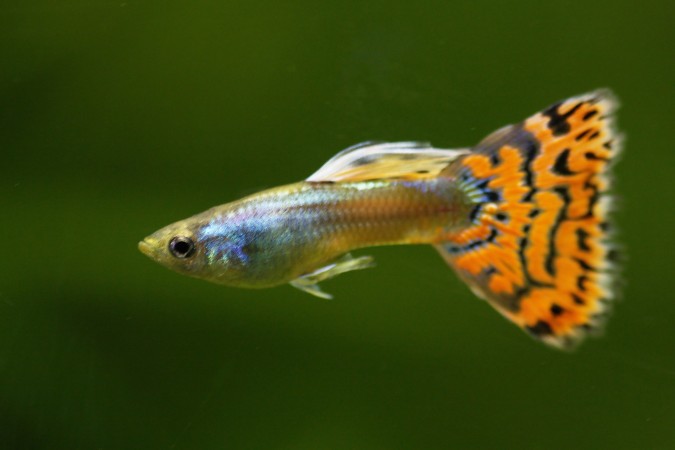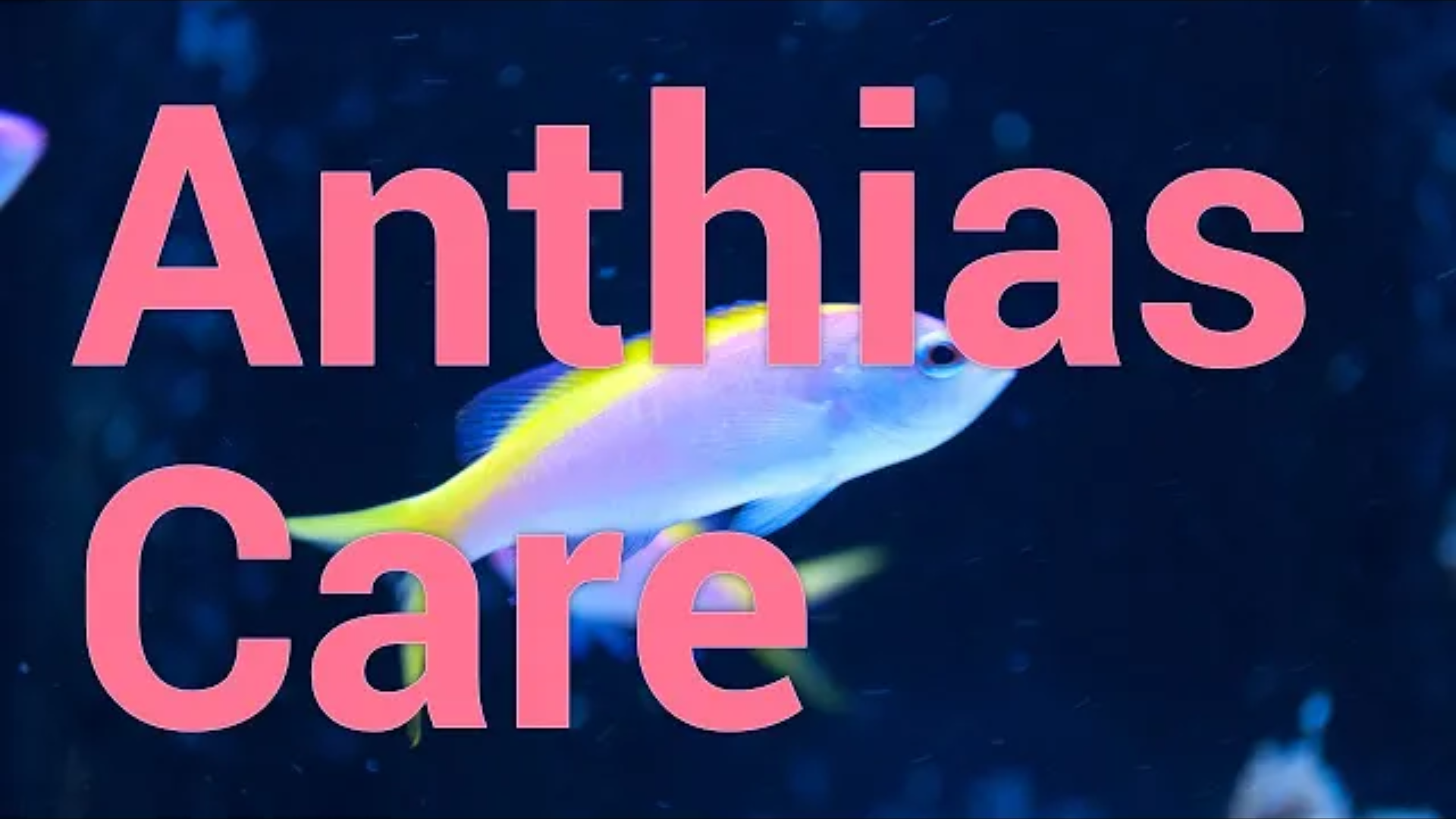What is the Best Coral Food for Growth?
- Jun 27, 2022
- Anshika Mishra
- 218 0 0

Nutrition is essential for all living things. If you are lacking something in your food, bad things will happen. The same holds for fish, but we do not know much about the nutritional need of our fish, much less about our corals.
So, in this article, we will talk about the nutritional need of our Acropora corals.
A lot of people claim that fish waste is enough for your coral. We agree, but just existing is very different from thriving.
In test form 2015, proving Acropora corals proved incredibly beneficial to them. They grew tissue faster. They developed their skeleton more quickly. It increased the rate of their photosynthesis. Overall, they contained more chlorophyll and had higher concentrations of lipids and proteins in their tissue.
Feeding your coral is scientifically proven to make them healthier. The trick is to provide them.
Photosynthesis
Photosynthesis can provide compounds like nitrogen and phosphorous, which are required. Between 40 to 95% of the energy requirements of an Acropora are satisfied by the photosynthesis that takes place in the coral.
At the same time, Acropora is very opportunistic and incredibly skilled at making use of whatever they can capture. On wild coral, they are consumers of almost everything. So, are you offering all those options to your coral?
Nutritional Need for Corals
Now for sure, corals use nutrients from the water. For example, captive Acrapora can get about 30% of their daily nitrogen simply by absorbing it from the water they live in. Similarly, a slightly elevated water level of dissolved nitrogen and phosphate increases Acrapora growth and their photosynthesis rate.
Now, lucky for us, those two compounds are almost always slightly elevated in our tank. But traditionally, the best option for feeding our coral is raw, unfiltered seawater.
As a natural mix of everything, it can provide a variety of organisms, plants, and another wise in a range of sizes suitable for most coral. It's too bad that it is not a feasible option for us in the hobby.
One of the everyday things in natural seawater is phytoplankton. We know this because we find lots of coral algae in the water. And Acraporas do consume them.
Just like the surface in our reef tanks, in the ocean, everything quickly becomes covered in a biofilm. For coral, this adds extra nutritional value to the things they are consuming. While nitrogen and phosphate are essential, so are components like fatty acids. Fatty acids provide energy for coral growth and reproduction and a bunch of critical life processes that generally go unseen in our reef tanks.
Fatty Acids and Phytoplankton
There are different kinds of fatty acids. It is a whole group of compounds, after all. And one such fatty acid, the long-chain fatty acids, helps coral deal with and recover from stress. For example, a test found that Acrapora fed with phytoplankton with lang-chain fatty acids grew twice as much as those with live brine shrimps.
The phytoplankton tank even surpassed the raw sea watering growth. Interestingly, there were differences per species. We think that all of our Acraporas are the same, but in reality, some Acropora species are better at digesting food than others.
Therefore, there is no one-size fit for Acrapora feeding. Instead, you have to feed a variety of food.






About author